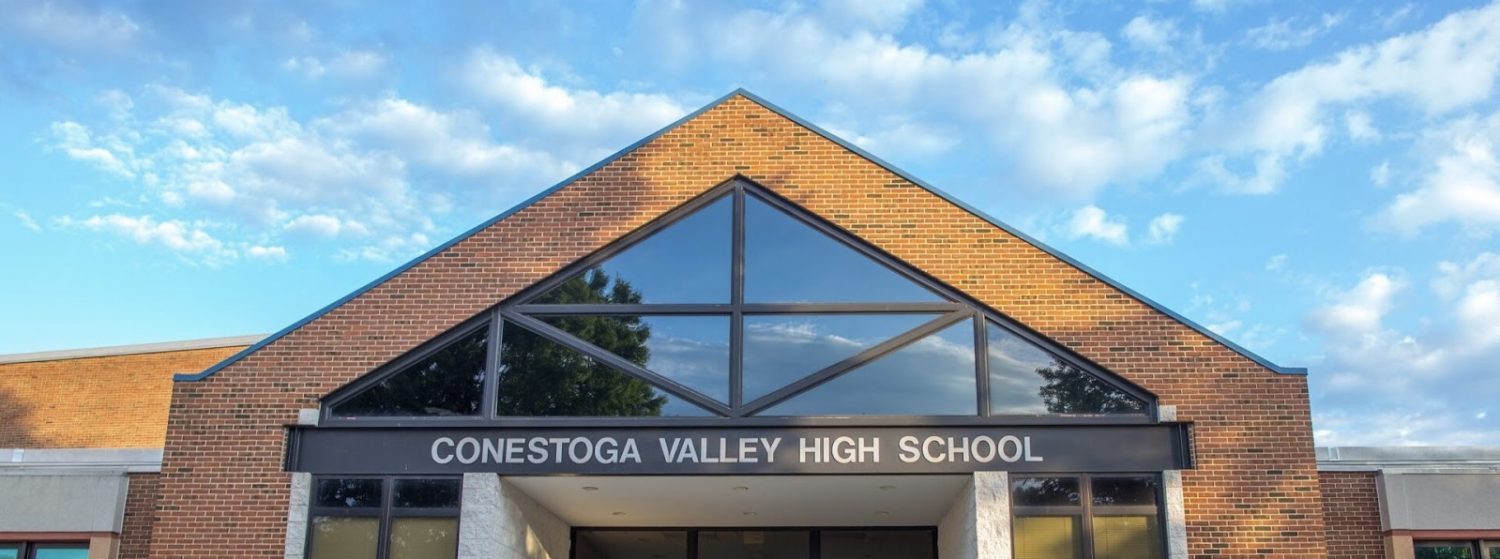By Ev Patten ‘23 and Katarina Lingo ‘24
We all know that anxiety and depression are a big deal. Why then, according to Pew Research, did less than half of teens who experienced major depression in 2017 receive help? Anxiety and depression were already major problems all over the world and then the pandemic amplified them. Now they’re even bigger, and they’re not just “out there.” Anxiety and depression are real problems here and now.
When teens have poor mental health, they can’t focus and their grades drop. They lose motivation to take care of themselves and to interact with other people. Their social and physical health drops, and even the government knows this. The U.S. Surgeon General explains that “Mental health is an essential part of overall health.” This is even taught in schools! Then why, during Covid, did mental health take such a dive?
Australian Journalist Caroline Hunt has the answer: “Young people are designed to be active, social beings-separating from their families, bonding with their peers and exploring the world,” but they couldn’t do this in quarantine. The pandemic made anxiety and depression worse, because it isolated us from our peers.
Students in Conestoga Valley High School deal with this as well. We sent out a survey; only 28% of the students we polled in our school said that their ability to learn is never or rarely affected by anxiety. Out of twenty students, fourteen of them are struggling with anxiety/depression while trying to learn. They may worry about keeping their grades up, or not even try, but that’s not the worst part. Over half of the students in our school agreed that coming to school makes anxiety/depression worse, not better. So all those students, who are having trouble already, believe that coming to school only increases their struggles, giving them just one more thing to worry about, or making it even harder for them to make an effort.
Many people acknowledge that anxiety and depression are major problems, but what they don’t realize is that people who face anxiety/depression are all around them. People who struggle with anxiety/depression may try to hide it so others won’t know what they’re dealing with, but by doing this they force themselves to deal with their mental health on their own. In 2015, the National Institute of Mental Health revealed that it takes the average person ten years to ask for help. It is not always obvious when people are struggling.
It’s important to realize that anxiety and depression are detrimental problems, and that all around us people are facing them.

Anxiety and Depression are Major Problems In Your School
By Ev Patten ‘23 and Katarina Lingo ‘24
We all know that anxiety and depression are a big deal. Why then, according to Pew Research, did less than half of teens who experienced major depression in 2017 receive help? Anxiety and depression were already major problems all over the world and then the pandemic amplified them. Now they’re even bigger, and they’re not just “out there.” Anxiety and depression are real problems here and now.
When teens have poor mental health, they can’t focus and their grades drop. They lose motivation to take care of themselves and to interact with other people. Their social and physical health drops, and even the government knows this. The U.S. Surgeon General explains that “Mental health is an essential part of overall health.” This is even taught in schools! Then why, during Covid, did mental health take such a dive?
Australian Journalist Caroline Hunt has the answer: “Young people are designed to be active, social beings-separating from their families, bonding with their peers and exploring the world,” but they couldn’t do this in quarantine. The pandemic made anxiety and depression worse, because it isolated us from our peers.
Students in Conestoga Valley High School deal with this as well. We sent out a survey; only 28% of the students we polled in our school said that their ability to learn is never or rarely affected by anxiety. Out of twenty students, fourteen of them are struggling with anxiety/depression while trying to learn. They may worry about keeping their grades up, or not even try, but that’s not the worst part. Over half of the students in our school agreed that coming to school makes anxiety/depression worse, not better. So all those students, who are having trouble already, believe that coming to school only increases their struggles, giving them just one more thing to worry about, or making it even harder for them to make an effort.
Many people acknowledge that anxiety and depression are major problems, but what they don’t realize is that people who face anxiety/depression are all around them. People who struggle with anxiety/depression may try to hide it so others won’t know what they’re dealing with, but by doing this they force themselves to deal with their mental health on their own. In 2015, the National Institute of Mental Health revealed that it takes the average person ten years to ask for help. It is not always obvious when people are struggling.
It’s important to realize that anxiety and depression are detrimental problems, and that all around us people are facing them.